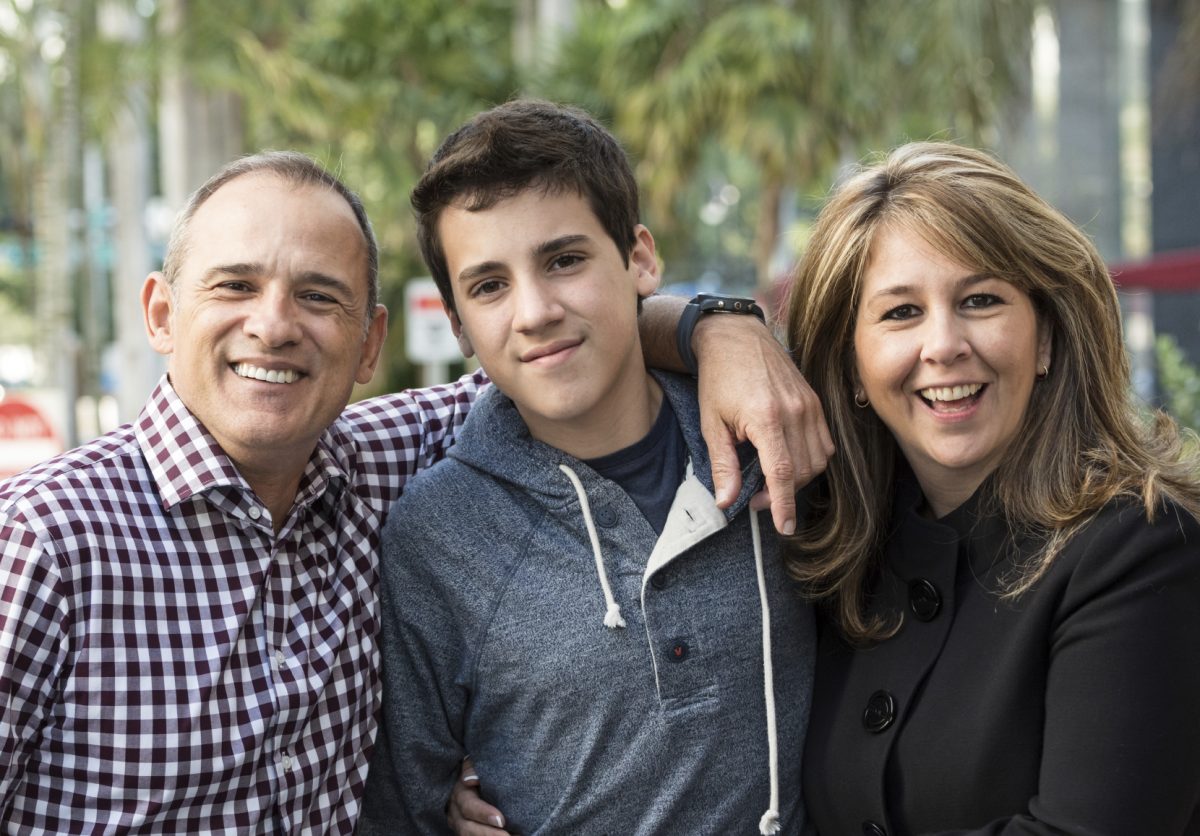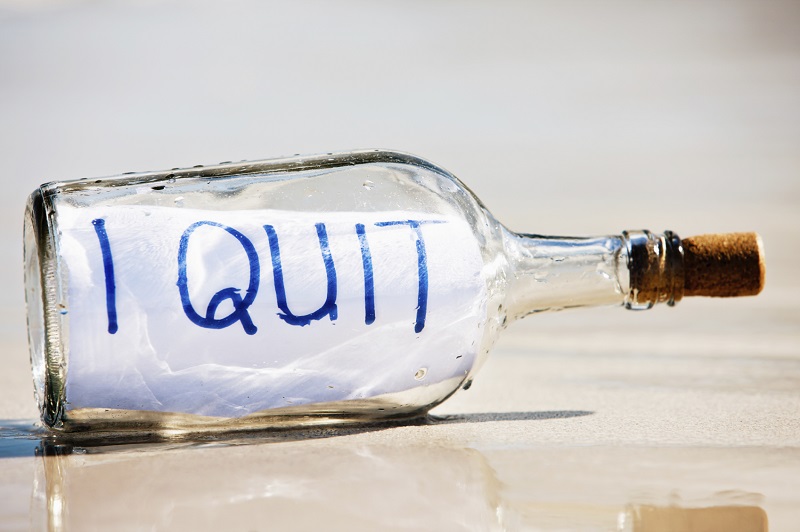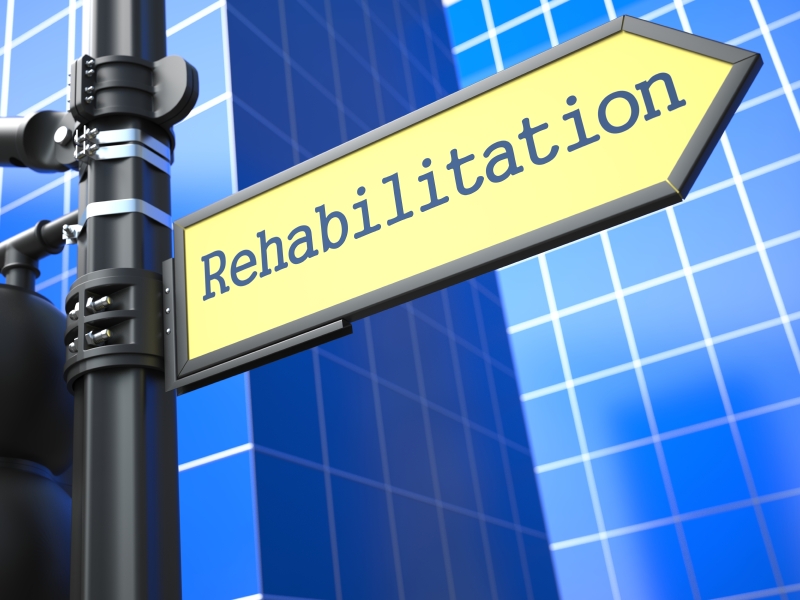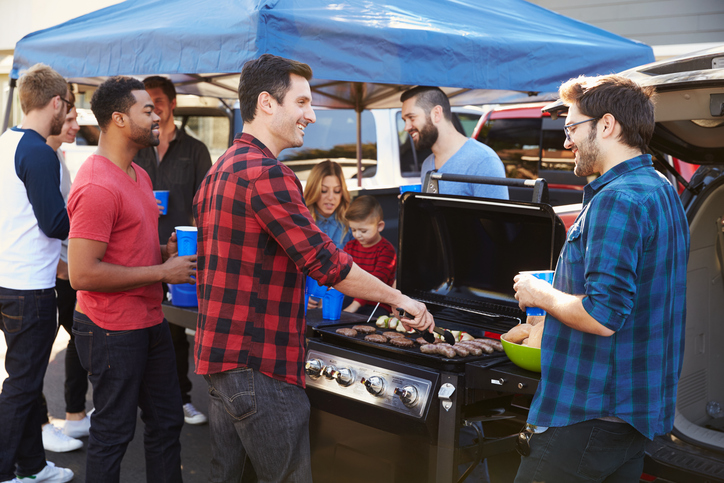
While we’re still in the holiday season, the new year is drawing near – and to many, this is a reason to celebrate a meaningful ending to the year. With a new year come new opportunities, new possibilities, and a fresh start to something possibly much better after you kick addiction.
Of course, with these hopes come expectations, and with them, the distant yet noticeable anxiety of failure. Failure to be successful – especially at something life-changing – is a profound fear for many when stepping into the new year, and it’s an attitude like this that hinders progress and contributes to missteps.
Avoiding these feelings isn’t as easy as simply identifying them – you need to make peace with them, and find a way to breathe both optimism and a better chance into your new year – and carry that all way to next December, and far beyond.
It won’t be easy, but if approached the right way, you can take this New Year’s Day to be the occasion you need to finally kick addiction for good, and turn your back to an old chapter in your life, one full of learning experiences and painful moments.
Why Make A New Year’s Resolution To Kick Addiction?
People make new year’s resolutions for the simple reason that a new year is a clear-cut end and beginning – a fold in a person’s life, the time when it’s easiest to leg go of something old and dedicate yourself to something new.
It’s not just about looking forward to a new future, though. The New Year’s celebration is about the past, the present, and the future. All moments in time are considered when the new year draws close, and each for vastly distinct reasons.
First, the past. The end of a year is a time for reflection, when we can look back and think on what we did and what we didn’t do, and consider carefully what should be done going forward. It’s important to look to the past for guidance – but not to regret, or daydream of different circumstances and outcomes. What has happened, has happened – but you can change the outcomes you dislike by taking the initiative in the future.
It’s at this point that the new year offers us an opportunity to think about what we should do, and how we might do it. It’s a time for new plans, for new commitments and for new resolutions. A time when we can set ourselves up to the task of becoming better and kick addiction.
But to do so, we must time it just right. And that’s why we focus so much on the present during the new year, counting every second, living and breathing in that moment, savoring the countdown to a new year, and the beginning of a journey to a new you.
Don’t Announce It To Everyone
Announcing your goals to everyone can rob you of the satisfaction of having completed them. While it’s not nearly the same thing in any reasonable sense, it feels similar – to gain the approval of having decided to start bettering yourself, and then receiving recognition and support for that decision, can rob you of the feeling of achievement you would gain if you first worked a substantial amount towards achieving your goal to kick addiction before coming out with it.
When your goal is to kick addiction, you might not want to announce it anyways. However, that does not mean you should simply keep it a secret. Make it known to your family and close friends that you’re going to kick addiction, and that you will need their support – this means not taking drugs/drinking around you, and it’ll mean helping you stay away from a potential relapse.
If you’re supplementing your recovery with other goals – fitness goals, for example, can be extremely conducive to recovery, and can promote a great general feeling of happiness, self-appreciation and confidence – then try and work your way to creating a solid habit before you tell others about what you have been doing. The same goes for learning new languages, or playing an instrument. The rewarding feeling of recognition for a modicum of skill will help you keep going – while revealing the goal too early will rob you.
Create Short-Term Goals
A recovery journey lasts decades, and takes you to emotional places you may never have been before. Therefore, people often congratulate themselves with commemorative objects or events, to help them stay positive and reward them for, say, an extra month without booze or alcohol.
Create short-term goals for yourself that are like this, like giving up smoking or drinking for a month, or dealing with a conflict without resorting to a drug, or even finding an alternative way to work off stress.
Again, the same applies for any other commitments you may have made to improve your life this upcoming new year – by setting smaller goals for yourself, the overall goal will not seem so tremendously far away, and you’ll be able to reward yourself with a feeling of satisfaction every time you draw a little closer to your bigger, more challenging goal posts.
Be Prepared For A Long Journey Ahead
While a new year’s resolution is often a commitment to make a substantial change, some people take the opportunity to challenge themselves to do something different this year – be it learn an instrument, a new language, or a new craft.
But recovery is more than a habit you pick up for a few months, or a few years. It’ll be something you take with you for the rest of your life – and, if everything goes well, it’ll be a journey you can look back on with serene content, knowing you did enough in life to feel like you have truly lived.
With drugs and addiction, that feeling is unattainable. Drugs are the anti-thesis to life – not only do they kill in some of the most savage ways, but they also steal you away from reality, and put you in a fake world, filling you to the brim with fake feelings, leaving you defenseless for the crash of real emotion as it hits you during sobriety.
Dealing with those waves, learning to ride them, and savoring every significant moment by being fully aware of it and how real it is – that is life. And if you don’t get sober soon, that life can pass you by very quickly.









